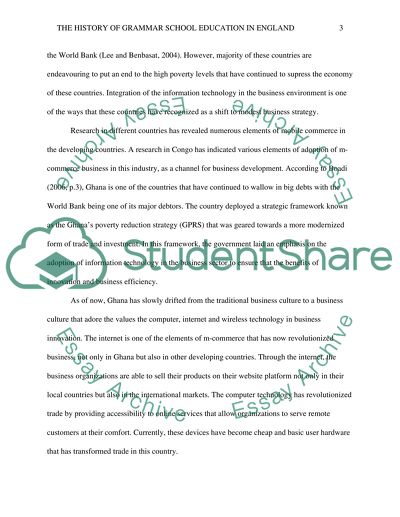Cite this document
(“Research report on Mobile Commerce in developing countries Assignment”, n.d.)
Research report on Mobile Commerce in developing countries Assignment. Retrieved from https://studentshare.org/information-technology/1488717-research-report-on-mobile-commerce-in-developing
Research report on Mobile Commerce in developing countries Assignment. Retrieved from https://studentshare.org/information-technology/1488717-research-report-on-mobile-commerce-in-developing
(Research Report on Mobile Commerce in Developing Countries Assignment)
Research Report on Mobile Commerce in Developing Countries Assignment. https://studentshare.org/information-technology/1488717-research-report-on-mobile-commerce-in-developing.
Research Report on Mobile Commerce in Developing Countries Assignment. https://studentshare.org/information-technology/1488717-research-report-on-mobile-commerce-in-developing.
“Research Report on Mobile Commerce in Developing Countries Assignment”, n.d. https://studentshare.org/information-technology/1488717-research-report-on-mobile-commerce-in-developing.


